A Virtual Private Network (VPN) offers effective protection from malware, ad tracking, hackers, spies, and censorship. But that privacy and security will cost you an ongoing subscription. There are quite a few options out there, each with varying costs, features, and interfaces.
PureVPN and NordVPN are two of the most popular VPN services in the market. Before making a decision about which one to try or purchase, take the time to consider your options and weigh up which will best suit you in the long term.
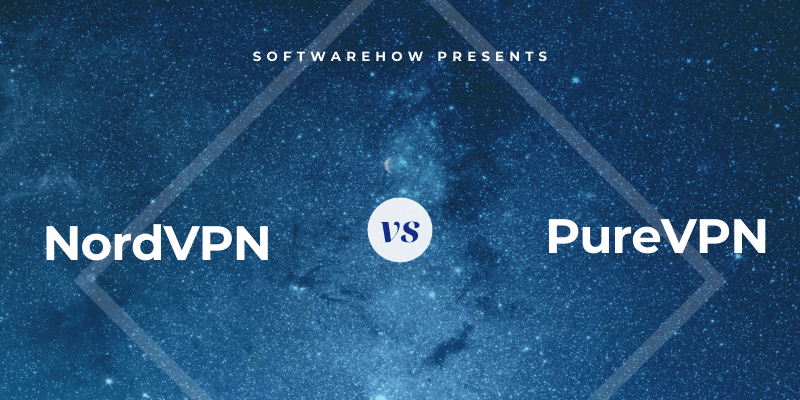
NordVPN offers a wide selection of servers around the world, and the app’s interface is a map of where they are all located. You protect your computer by clicking on the specific location in the world you want to connect to. Nord focuses on functionality over ease-of-use, and while that adds a little complexity, I still found the app quite straightforward. When you pay for multiple years at a time, it offers the best value for money. For a closer look at NordVPN, read our full review here.
PureVPN has a less expensive monthly subscription, but in this case, you get what you pay for. I found it to be quite slow, unable to reliably connect to Netflix, and unstable—I suffered several crashes. To switch to a different server, you first need to manually disconnect from the VPN, which increases the amount of time you’re exposed. I can’t recommend PureVPN.
Table of Contents
How They Compare
1. Privacy
Many computer users feel increasingly vulnerable when using the internet, and rightly so. Your IP address and system information are sent along with each packet as you connect to websites and send and receive data. That’s not very private and allows your ISP, the websites you visit, advertisers, hackers, and governments can keep a log of your online activity.
A VPN can stop unwanted attention by making you anonymous. It trades your IP address for that of the server you connect to, and that can be anywhere in the world. You effectively hide your identity behind the network and become untraceable. At least in theory.
What’s the problem? Your activity isn’t hidden from your VPN provider. So you need to choose a company you can trust: a provider that cares as much about your privacy as you do.
NordVPN has excellent privacy and “no logs” policies. That means they don’t log the sites you visit at all and only log your connections enough to run their businesses (for example, making sure you’re not using more than the number of devices allowed by your plan). They keep as little personal information about you as possible and allow you to pay by Bitcoin so even your financial transactions won’t lead back to you.
PureVPN similarly doesn’t keep logs of the data you send and receive online, and only minimal connection logs. They promise not to share or sell the little information they do collect about you and allow you to pay by coin and gift card so you can maintain anonymity.
Winner: Tie. Both services store as little private information about you as possible, keep very minimal logs of your connection history and no logs of your online activity. Both have a large number of servers around the world that help make you anonymous when online.
2. Security
When you use a public wireless network, your connection is insecure. Anyone on the same network can use packet sniffing software to intercept and log the data sent between you and the router. They could also redirect you to fake sites where they can steal your passwords and accounts.
VPNs defend against this type of attack by creating a secure, encrypted tunnel between your computer and the VPN server. The hacker can still log your traffic, but because it’s strongly encrypted, it’s totally useless to them.
PureVPN allows you to choose your security protocol, or by default will choose the best one for you.
NordVPN also allows you to select which encryption protocol is used.
If you unexpectedly become disconnected from your VPN, your traffic is no longer encrypted and is vulnerable. To protect you from this happening, both apps provide a kill switch to block all internet traffic until your VPN is active again.
Both apps also offer a malware blocker to protect you from suspicious websites to protect you from malware, advertisers, and other threats.
For additional security, Nord offers Double VPN, where your traffic will pass through two servers, getting twice the encryption for double the security. But this comes at an even greater expense of performance.
Winner: NordVPN. Both apps offer strong encryption with a choice of protocols, a kill switch, and a malware blocker to enhance your online security. Nord goes the extra mile by adding Double VPN as an option with twice the security.
3. Streaming Services
Netflix, BBC iPlayer and other streaming services use the geographic location of your IP address to decide which shows you can and can’t watch. Because a VPN can make it appear that you’re in a country you’re not, they now block VPNs as well. Or they try to.
In my experience, VPNs have wildly varying success in successfully streaming from streaming services, and Nord is one of the best. When I tried nine different Nord servers around the world, each one connected to Netflix successfully. It’s the only service I tried that achieved a 100% success rate, though I can’t guarantee you’ll always achieve it.
On the other hand, I found it much harder to stream from Netflix using PureVPN. I tried nine servers in total, and only three worked. Netflix somehow worked out that I was using a VPN most of the time, and blocked me. You may have more luck, but based on my experience, I expect you’ll have to work harder with PureVPN than NordVPN to watch your favorite shows.
But that’s just Netflix. There’s no guarantee you’ll get the same results when connecting to other streaming services. For example, I was always successful when connecting to BBC iPlayer with both PureVPN and NordVPN, while other VPNs I tried never worked. Check our Netflix VPN review for more details.
Winner: NordVPN.
4. User Interface
I found PureVPN’s interface less consistent to use than other VPN services, and it often took additional steps. I couldn’t find a way of choosing which server to connect to within a country.
NordVPN was much easier to use. Its main interface is a map of where its servers are located around the world. That’s smart since the service’s abundance of servers is one of its key selling points.
Winner: NordVPN. I found PureVPN’s interface inconsistent, difficult to navigate, and more work to perform some functions.
5. Performance
I found NordVPN to be significantly faster than PureVPN, which had slower download speeds than any other VPN I tested. The fastest Nord server I encountered had a fast download speed of 70.22 Mbps, only a little below my normal (unprotected) speed. But I found that server speeds did vary considerably, and the average speed was just 22.75 Mbps. So you may have to try a few servers before you find one you’re happy with.
PureVPN’s download speeds are significantly slower. The fastest server I used was able to download at just 36.95 Mbps, and the average of all the servers I tested was 16.98 Mbps.
Winner: NordVPN’s fastest servers were noticeably faster than PureVPN’s, and the average speed of all servers tested was also faster with Nord.
6. Pricing & Value
VPN subscriptions generally have relatively expensive monthly plans, and significant discounts if you pay well in advance. That’s the case with both of these services.
NordVPN is one of the most inexpensive VPN services you’ll find. A monthly subscription is $11.95, and this is discounted to $6.99 a month if you pay yearly. Nord goes further by rewarding you for paying several years in advance: its 2-year plan costs just $3.99 per month, and its 3-year plan a very affordable $2.99 per month.
PureVPN’s monthly plan is even cheaper, at $10.95 a month, and the yearly plan is currently discounted to a very low $3.33. They reward you further for paying two years in advance by discounting the monthly rate to $2.88, slightly cheaper than the rate for Nord’s three-year plan.
Winner: PureVPN. These are two of the cheapest VPN services on the market, and if you pay in advance, are available for less than $3/month. PureVPN is narrowly cheaper, though in my opinion, it offers less value.
The Final Verdict
PureVPN has a lot going for it, but I can’t recommend it. In terms of the privacy and security offered, it is very close to NordVPN. But its slow download speed, inability to reliably connect to Netflix, and inconsistent user interface let it down badly.
I recommend NordVPN. For a slightly more expensive subscription, you’ll get the best Netflix connectivity of any VPN I tested, much faster servers, and additional security options.
Still not convinced? Take both for a test drive. Both companies stand behind their services with one-month money-back guarantees. Subscribe to both services for a month, evaluate each app, run your own speed tests, and try connecting to the streaming services most important to you. See for yourself which one best meets your needs.

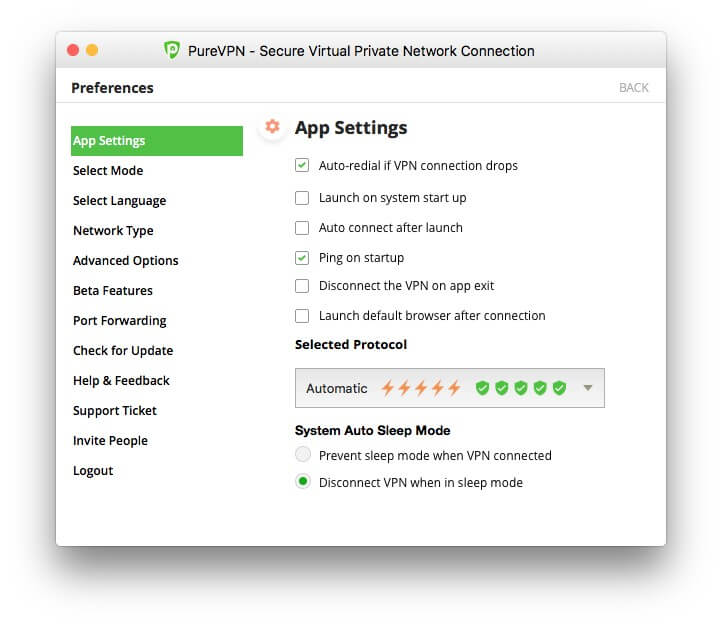
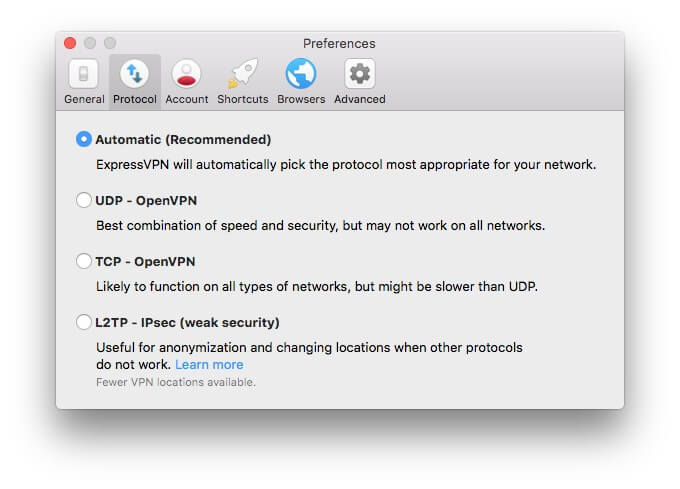
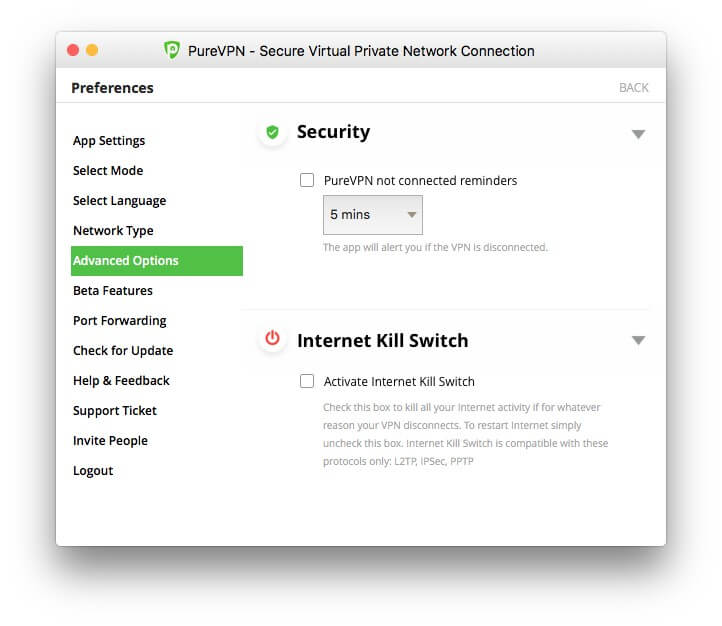
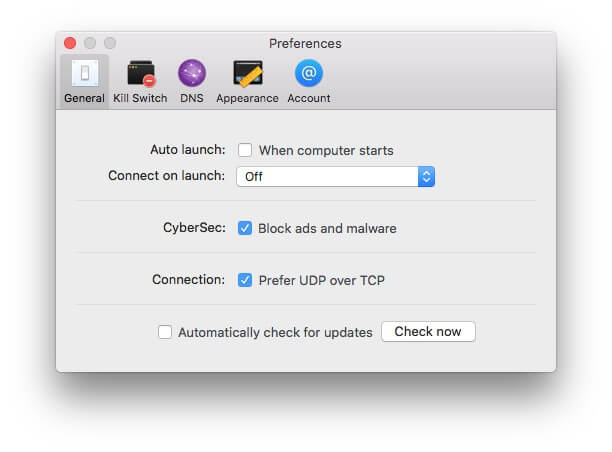
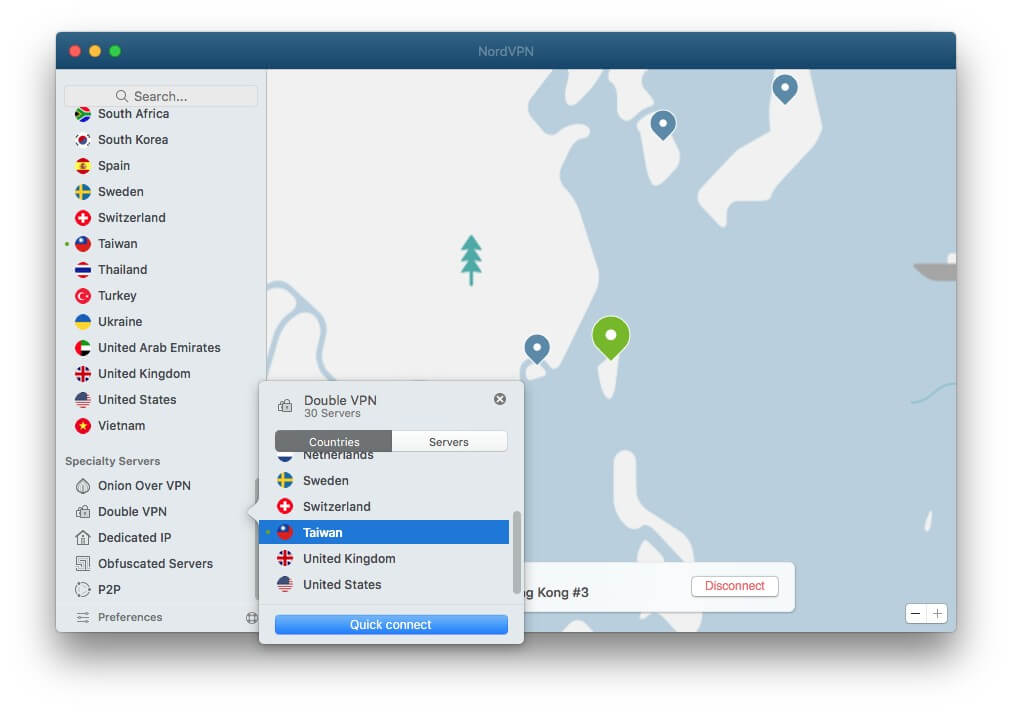


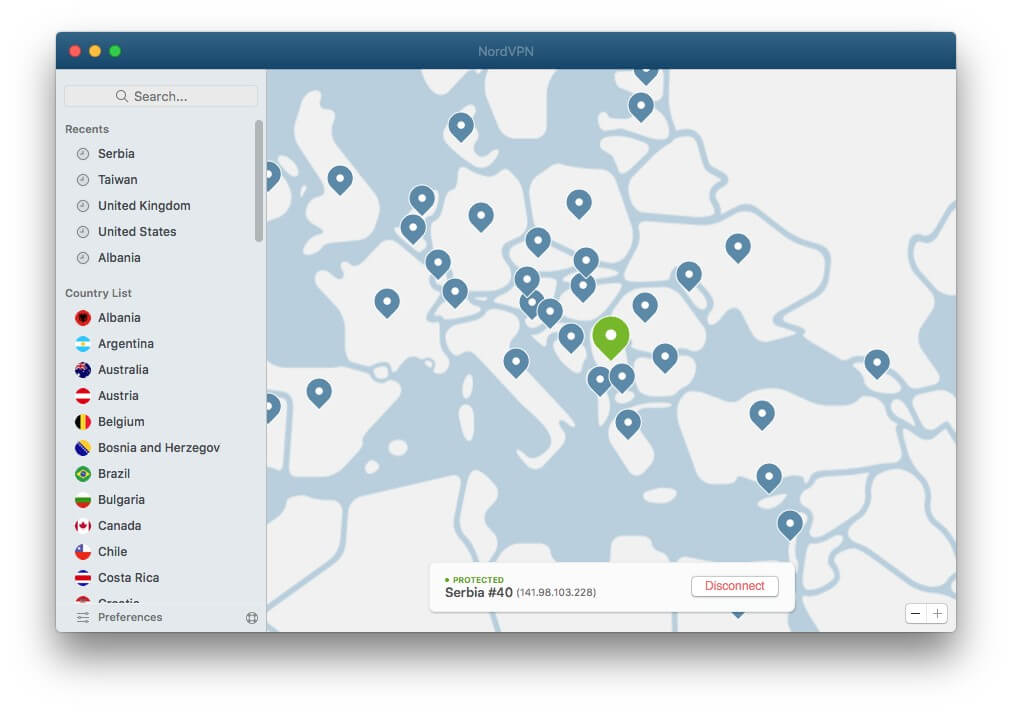
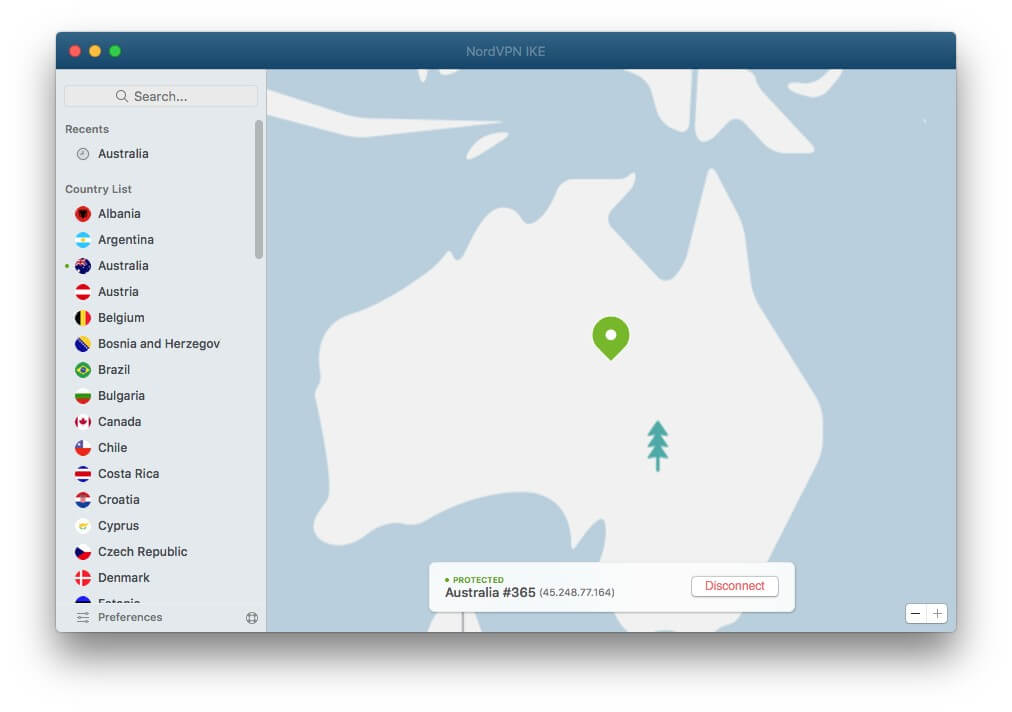
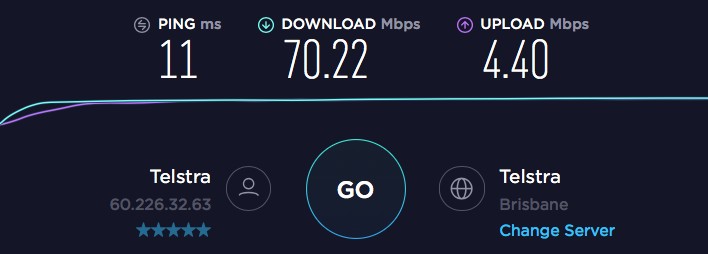
I’ve been using Nord vpn for nearly a year, having moved from Tunnelbear. I found it to be one of the most reliable providers so far. The desktop and mobile platforms are both excellent. And thanks to this vpn I no longer have to view the geo-error message “BBC iPlayer only works in the UK”…